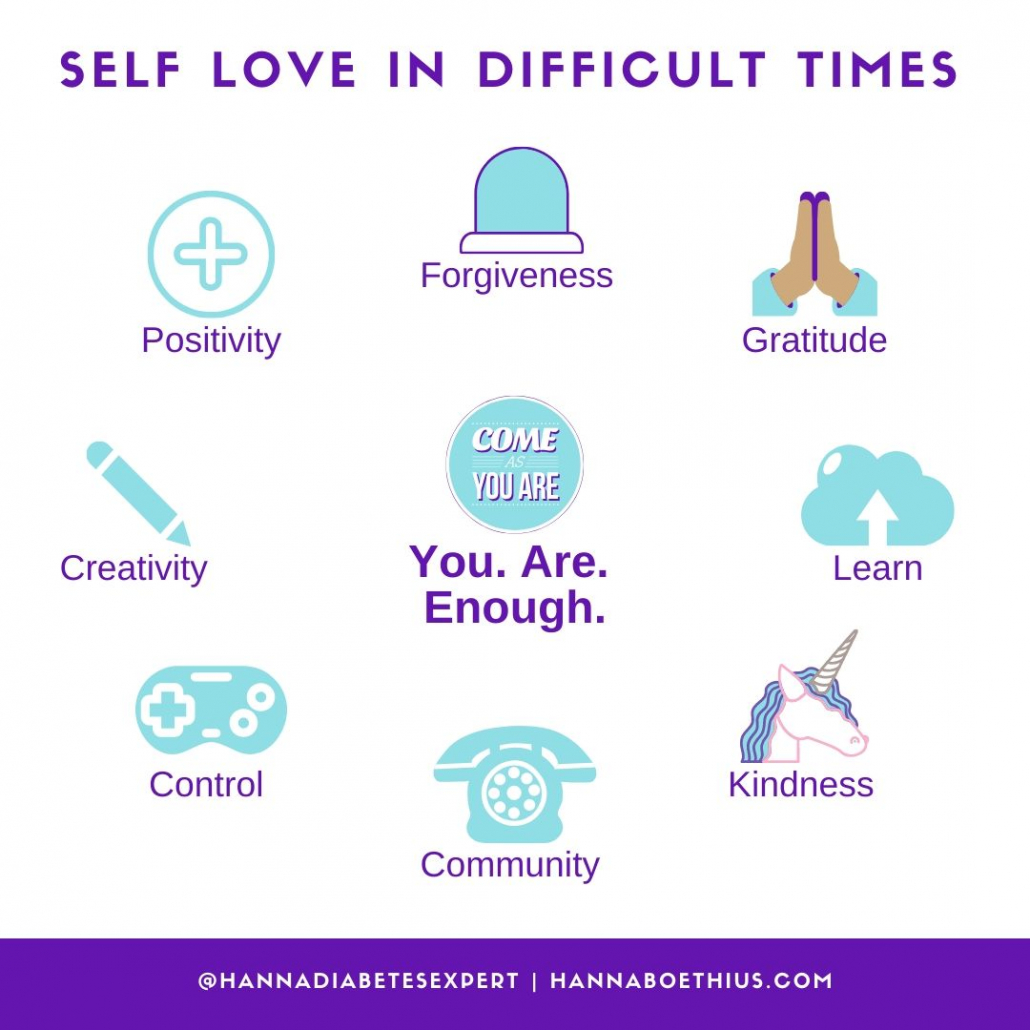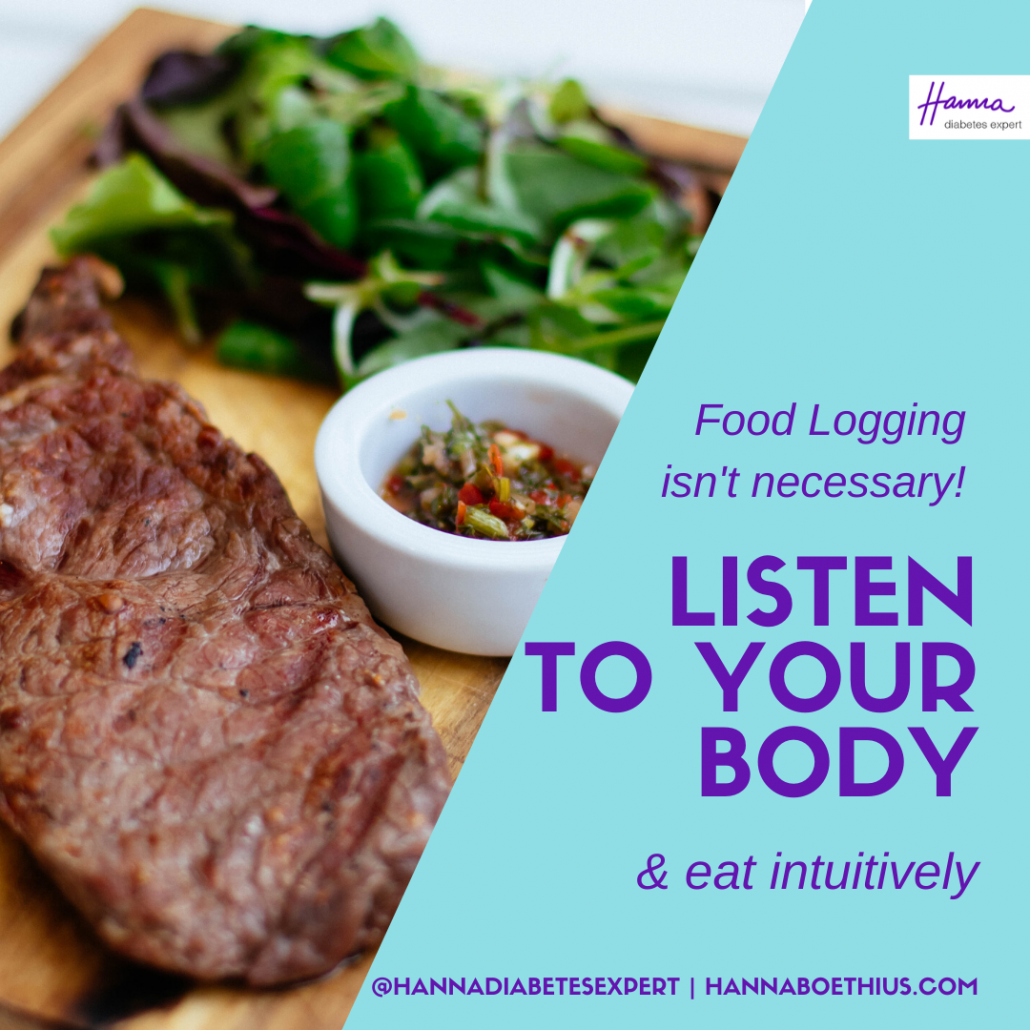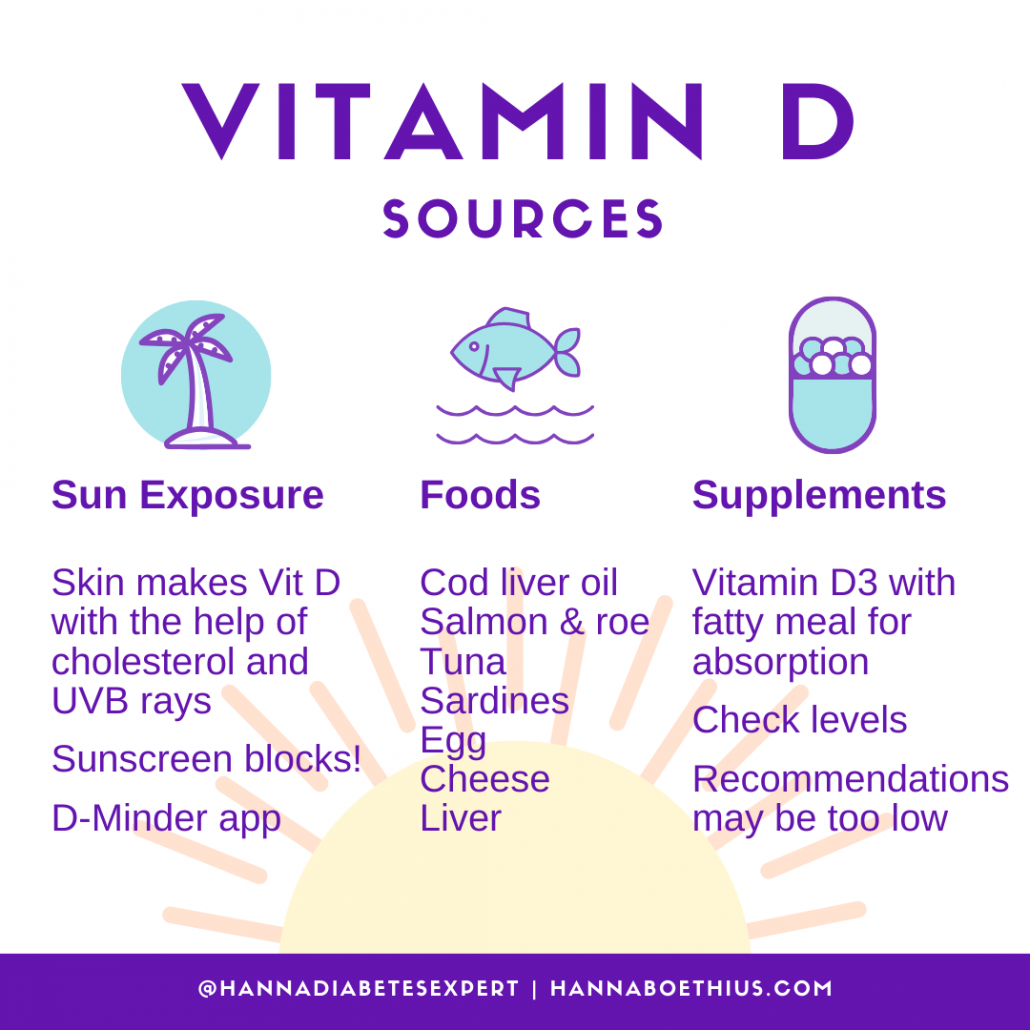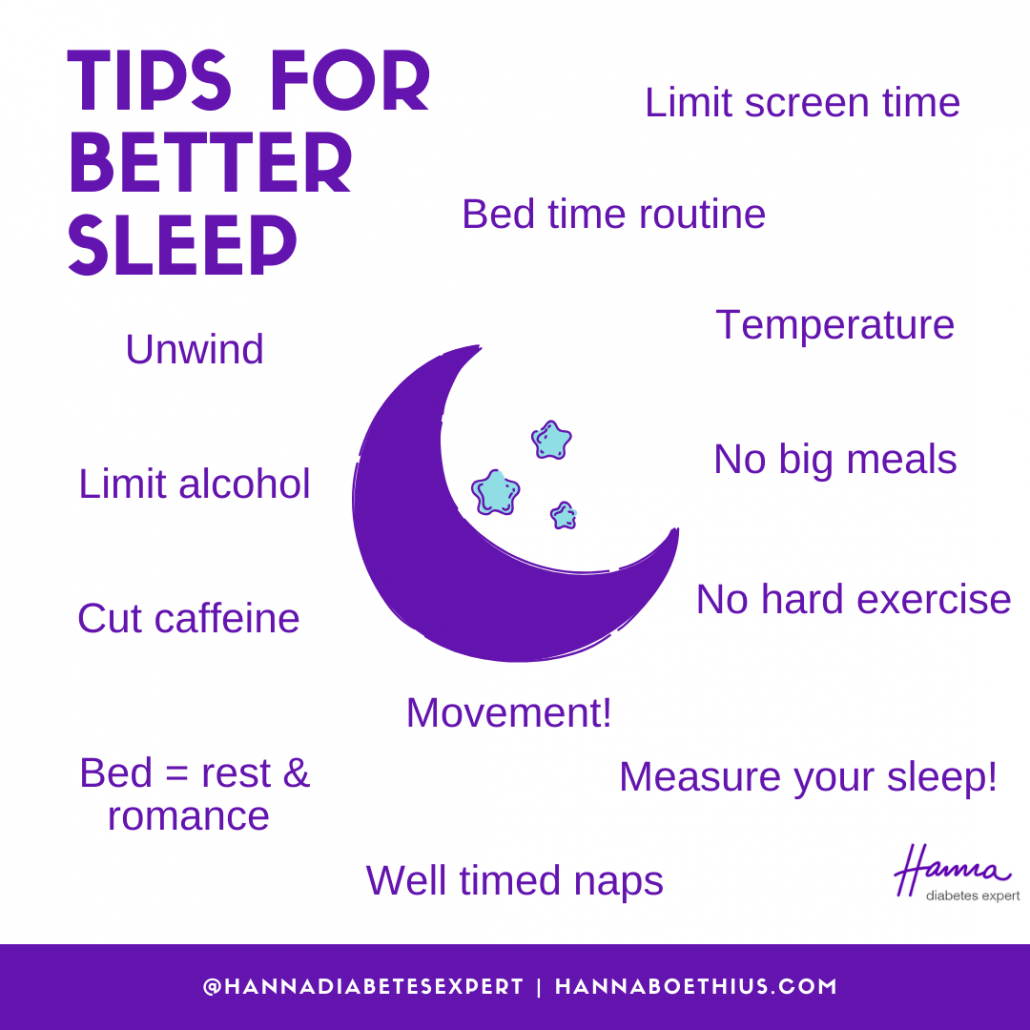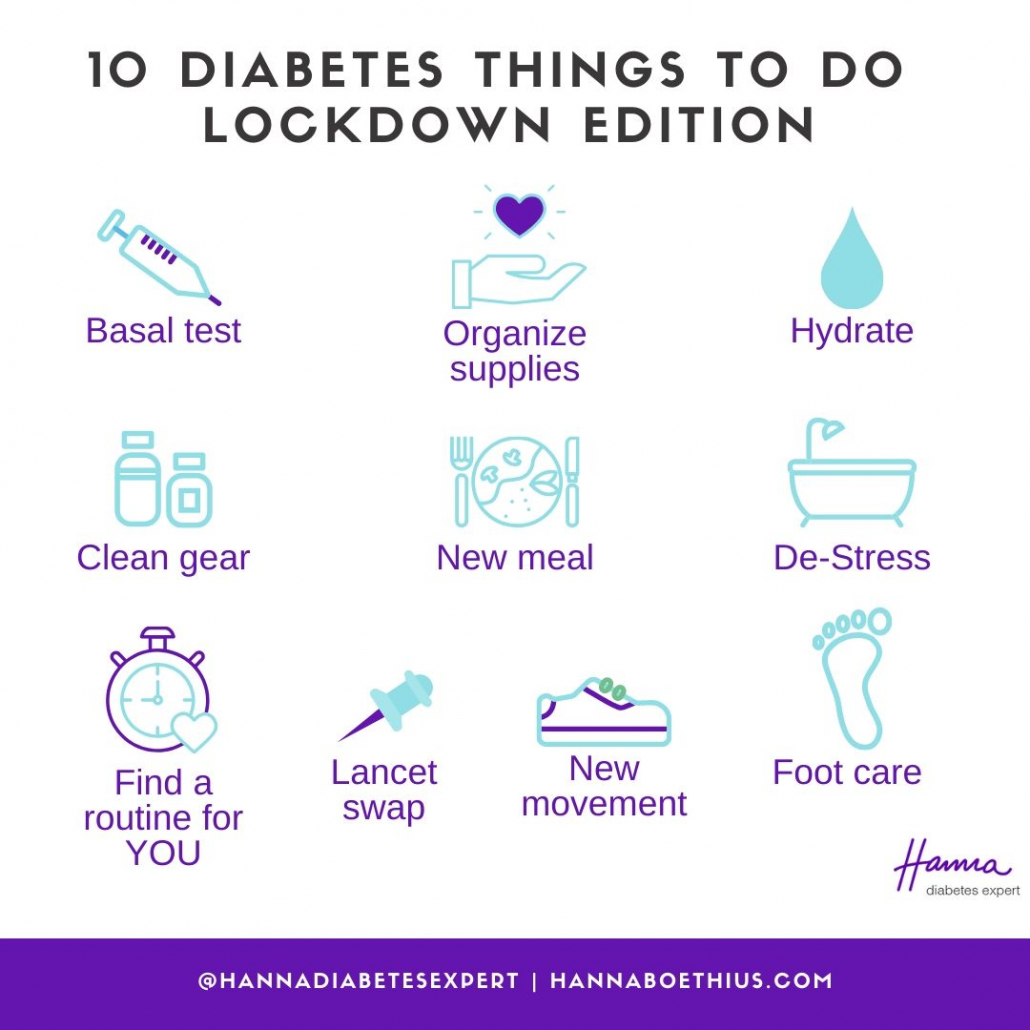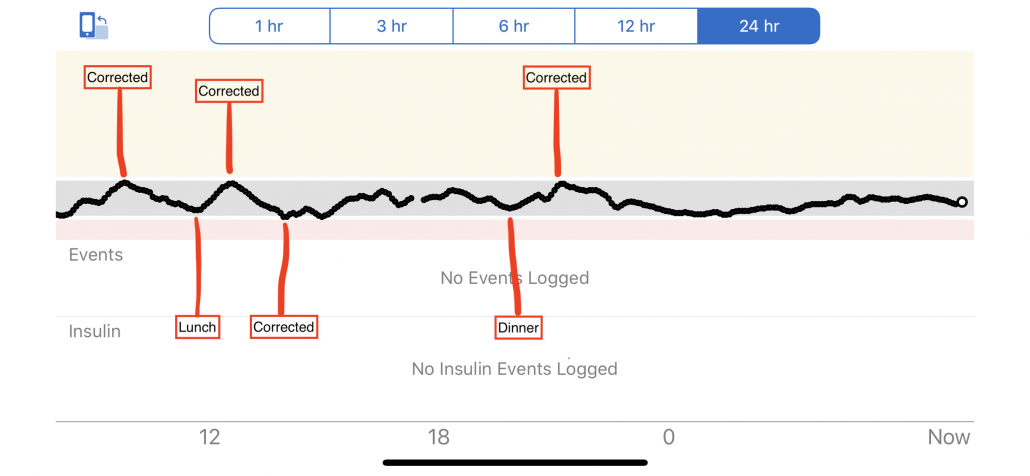The Ultimate Diabetes & Alcohol Toolkit
…or, “You can also have fun WITH alcohol!”
Yes, you can absolutely drink alcohol, even if you have diabetes. 🍷🥂 🍸
The main point to remember is – alcohol impacts the liver in doing its job of regulating blood sugar.
The main function of your liver is to store glycogen, which is the stored form of glucose, so that you will have a source of glucose when you haven’t eaten. The liver is also responsible for cleaning the body of toxins. Unfortunately, the liver cannot do both jobs at the same time. While it is detoxifying, it stops secreting glucose.
Here are some helpful tools to add to your diabetes management toolkit, alcohol specific:
🌟 Keep an eagle eye on your blood sugar, before, during & after drinking.
🌟 Know what’s in your glass, alcohol % and carb count Stick to dry wines/bubbly, light beers, or liquor with club soda or diet drinks. It makes all of it easier!
🌟 Wear medical alert bracelet/jewelry, just in case.
🌟 E N J O Y your drink!
🌟 Keep hydrated
🌟 Enjoy some food or snacks with your drink
🌟 Bring glucose tabs with you .
🌟 Don’t drink alcohol if your blood sugar level is low
🌟 Don’t skip food 🌟 Don’t necessarily drink alone – alcohol is best enjoyed in company! (Also someone to check up on you.)
🌟 Avoid sweet drinks, craft beers, sweet wine… Concentrate on having FUN, not worry about how high your blood sugar will go.
🌟 Don’t drink and dance (without food)!
🌟 Don’t play around with meds.
I enjoy alcoholic beverages, and sticking to low sugar options (dry wine or mixed liquor) works the best for me. That way, I can concentrate on ONLY caring for the alcohol part, and not having to additionally care for the carb count/hyperglycemia. I usually drink with food, as part of a meal/aperitif.
What are your views on diabetes and alcohol? Do you enjoy alcoholic beverages, and do you have any tips to share? Or do you steer clear from it? 🤔 Let me know in the comments!
Transcription
If you prefer to read the information, here is a text version of the video above:
Coming soon!
Disclaimer
The only purpose of this video and website is to educate and to inform. It is no substitute for professional care by a doctor or other qualified medical professional. This video and website is provided on the understanding that it does not constitute medical or other professional advice or services. Instead, we encourage you to discuss your options with a health care provider who specializes in treating Type 1 Diabetes.

